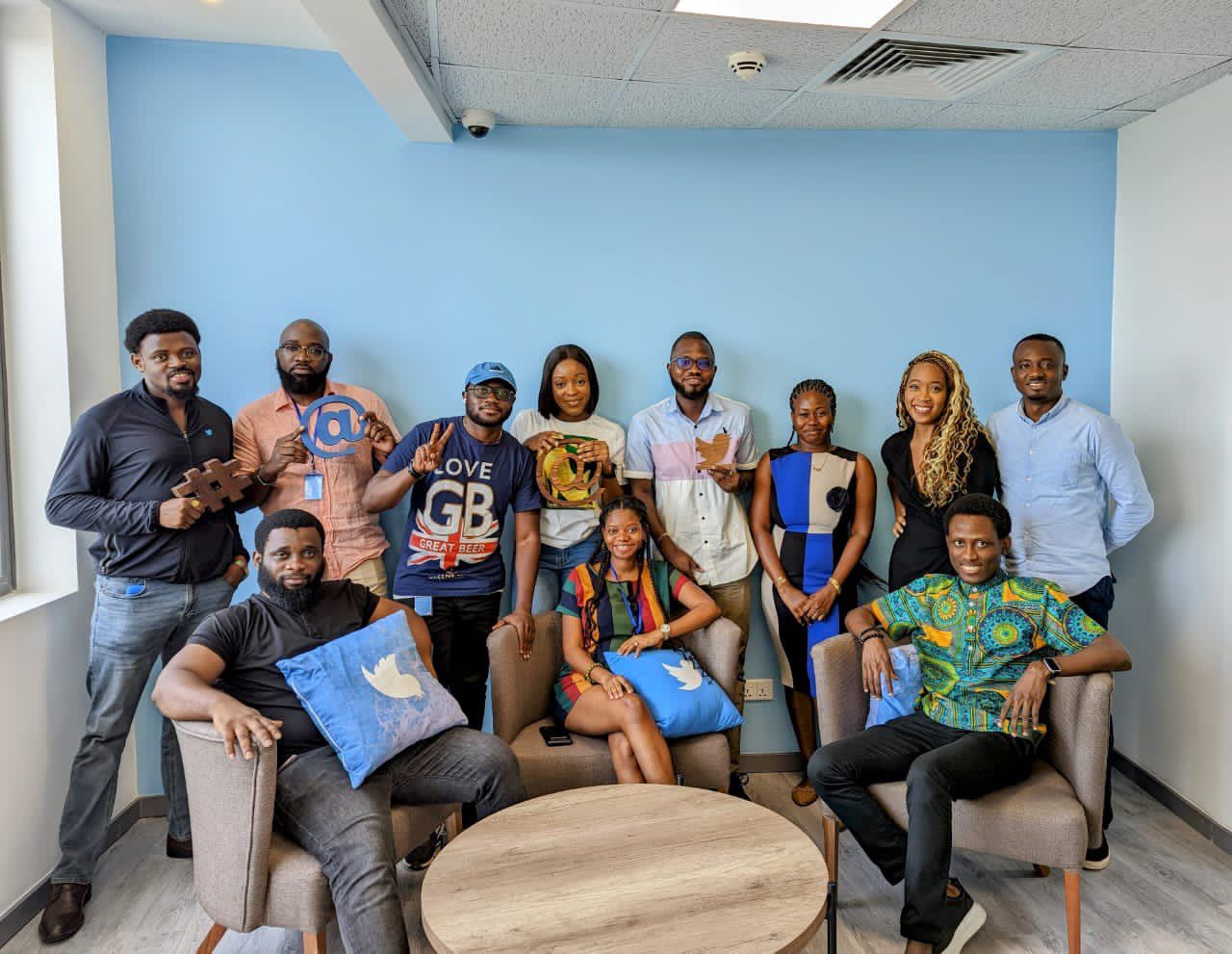More than a year after X (formerly Twitter) laid off its Ghana-based Africa team, the company has finally resolved the severance dispute with the employees after facing advocacy and legal pressure.
Following Elon Musk's $44 billion acquisition of Twitter in October 2022, significant restructuring led to over 2,000 employees losing their jobs, including the entire team at the Ghana office responsible for African content moderation. The November layoffs sparked controversy when the displaced Ghanaian workers demanded fair severance packages. Their requests included:
- Three months' gross salary: This reflected the standard offered to many departing Twitter employees globally.
- Repatriation expenses for non-Ghanaian staff: As some team members relocated for the position, covering return costs felt essential.
- Vesting of stock options: Unlocking previously granted stock options aligned with standard practice for departing employees with such benefits.
- Continuation of healthcare: Extending health insurance offered to other laid-off employees would ease the transition during job hunting.
The specific details of the settlement remain unconfirmed at this time. However, a representative of the law firm representing the employees, Carla Olympio, stated that "they [referring to the ex-Twitter employees] are very pleased to finally be able to get their due, put this behind them and look to the future," says Carla Olympio, a representative of the law firm.
In November 2022, X, led by Elon Musk, faced media criticism regarding its treatment of laid-off African employees. This prompted negotiations, as described by a former employee to the BBC: "It's difficult when it's the world's richest man owing you money and closure."
Twitter initially positioned the African team as a cornerstone of its mission to serve continental discourse. The team's existence suggested a long-term strategy for the region, but this was ultimately disrupted by Musk's acquisition.
While severance payments have been made to the laid-off African team, X's future involvement in Africa remains uncertain. The platform has faced challenges with misinformation in recent times, an area the disbanded team specifically addressed.






